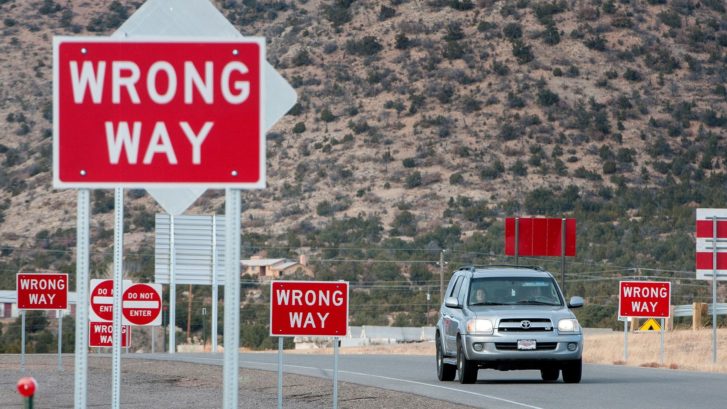In an effort to address the robocall spoofing problem, there’s a new bipartisan legislative bill, The Anti-Spoofing Penalities Modernization Act of 2021.
The proposed bill would basically double the penalty for making those calls. So instead of a $10,000 penalty for making a call with a spoofed number, that call will now have a $20,000 penalty. And for each day of a continuing violation, the penalty goes up 3 times that amount. And the maximum penalty would go from $1 million to $2 million.
Harsh! But…not really effective.
Now don’t get us wrong, it’s great to see a bipartisan attempt to address a big problem like spoofed calls. But this bill is actually pointless and is really just skating to where the puck was, not where it’s going to be. Allow us to explain.
The biggest problem is that existing fines simply aren’t a deterrent. The fines we already have in place don’t slow down robocalls, and it’s not because they’re not big enough, but because they’re not getting collected — and the scammers know this. For example, as of late 2019, the FTC and FCC combined had fined over $208 million and collected less than $7,000. You read that correctly – not $70,000,000 or even $7,000,000, but $7,000. That doesn’t even count an existing fine of $225 million to one pair of gentlemen in Texas for making over 1 billion spoofed robocalls in 2019.
The problem is that the people making the calls aren’t deep-pocketed companies or rich billionaires, but instead are individuals, who are closer to living in mobile homes than mansions, and more often than not are making these calls from overseas. You’re simply never going to collect fines from a group of people in Pakistan who set up a virtual call center in their run-down apartment building and made millions of calls. You can’t get blood from a turnip, or so the saying goes.
Aside from that, even if the fines magically were easily collectable, who do we think is out there making spoofed calls who will suddenly stop making those calls if the fine is $20,000/call instead of $10,000? Or where they were making good money to ignore a $1 million fine, but not good enough to ignore a $2 million fine? That’s right, no one.
Basically, this bill could pick a random number for the fine and it wouldn’t matter. Our prediction is that if this bill passes, it won’t result in one fewer robocall. Not one.
But beyond all that, this bill really isn’t necessary. There has been a massive regulatory and technology push to make it harder for the bad guys to make spoofed calls in the first place. The Traced Act was signed in late 2019 and already addresses spoofing with its mandate for carriers to implement Stir/Shaken. On top of that, the FCC is mandating that carriers take actions to mitigate illegal robocalls while Stir/Shaken is being implemented. Getting the implementation of Stir/Shaken to be near universal will take some time, but will ultimately make it harder for the bad guys to make spoofed robocalls and harder for the ones that are made to get through, since the carriers, handsets, and third-party blocking apps will be able to simply block them.
While the bad guys are annoying, unfortunately for us, they by and large aren’t stupid. They know that spoofing numbers is really yesterday’s approach. Many of these illegal robocallers are already getting huge blocks of “real” numbers and making calls from them. That way they’re not spoofing – and wouldn’t be subject to any spoofing fines now or as proposed in this bill. In fact, the folks being fined for their billion health insurance robocalls have already moved on to making car warranty calls from legal numbers – and are making hundreds of millions of those calls every month.
Like we’ve said before, catching and punishing robocallers is just one big game of Whack-a-Mole.

It’s really hard to legislate away spam – especially when the real problem is how easy it is for someone to start up a massive illegal robocalling campaign in the first place. In fact, this is really a technology problem that requires a technological solution. There’s technology now that can stop these calls from getting in the country at any meaningful scale, and that can allow carriers to bounce these calls at the network level so they never to get to consumers. We need to focus on getting that technology deployed widely and quickly – not on trying to have feel-good fines that won’t matter.
Kill the bill, and focus on technology that will kill the problem.





